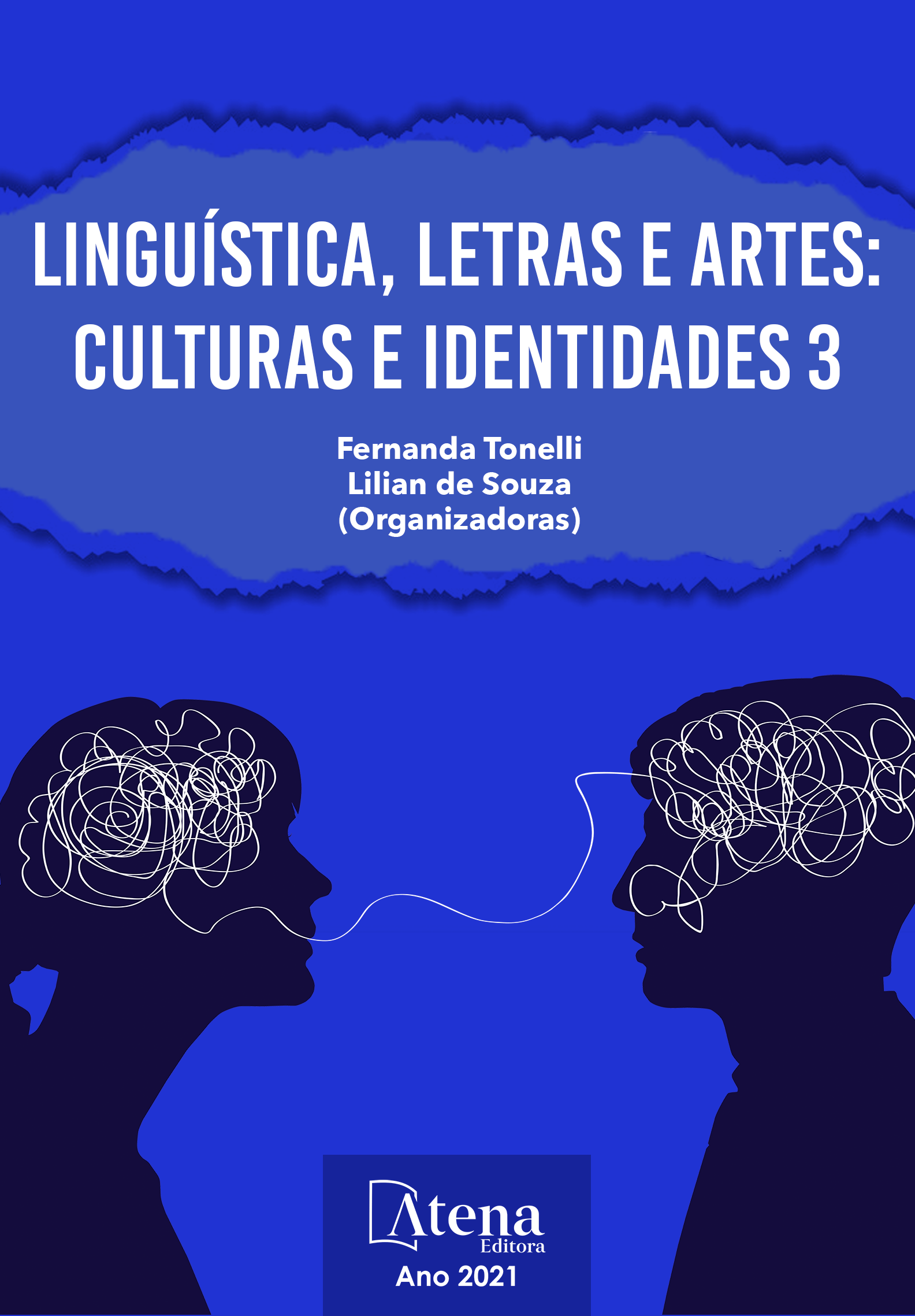
A CULTURA DAS DESTALADEIRAS DE FUMO DE ARAPIRACA
Este artigo propõe um estudo dos cantos das destaladeiras de fumo da cidade de Arapiraca - AL. afim de traçar uma análise dos mesmos, mas também um recorte de suas trajetórias. Sob a hipótese de que os versos apresentam influência da cultura popular. Mas também, pela necessidade de preservar a cultura fumageira de Arapiraca. E por ser um trabalho pioneiro nesta área. Objetivando etnografar a cultura das destaladeiras. Para realizar a pesquisa foi feito uma pesquisa de campo, pois, diante da pandemia a entrevista foi realizada via google meet. Baseando-se nas teorias de Benjamin, (1994, 1987) em sua abordagem sobre a história da cultura, Hall, (2003, 2007), em seus comentários sobre cultura popular e identidade, Harvey, (2008), refletindo sobre as rupturas causadas pela modernidade. Burker (2003), discutindo culturas hibridas. Bhabha, (2004), interpretando a identidade. Bauman, (2007), refletindo a vida liquido moderna. Santos, (2014), discutindo o território fumageiro, refletindo que caso não se faça um registro da história dessas mulheres, as mesmas se perderam diante do processo de modernidade liquida. E por compreender que pesquisas sobre resistência cultural precisam ser mais estudadas e valorizados pelas instituições promotoras de conhecimento.
A CULTURA DAS DESTALADEIRAS DE FUMO DE ARAPIRACA
-
DOI: 10.22533/at.ed.4622130039
-
Palavras-chave: Cantos de trabalho. Modernidade. Cultura popular.
-
Keywords: Work corners. Empty modernity. Popular culture.
-
Abstract:
This article proposes a study of the corners of smoke detalizers in the city of Arapiraca - AL. in order to draw an analysis of them, but also an outline of their trajectories. Under the assumption that the verses are influenced by popular culture. But also, due to the need to preserve Arapiraca's tobacco culture. And for being a pioneering work in this area. Aiming to ethnograph the culture of the stalking machines. In order to carry out the research, a field research was done, because, in the face of the pandemic, the interview was conducted via google meet. Drawing on Benjamin's theories (1994, 1987) in his approach to the history of culture, Hall (2003, 2007), his comments on popular culture and identity, Harvey, (2008), reflecting on the disruptions caused for modernity. Burker (2003), discussing hybrid cultures. Bhabha, (2004), interpreting identity. Bauman, (2007), reflecting modern liquid life. Santos, (2014), discussing the tobacco territory, reflecting that if the history of these women is not recorded, they are lost in the face of the process of liquid modernity. And by understanding that research on cultural resistance needs to be further studied and valued by knowledge-promoting institutions.
-
Número de páginas: 15
- WILMA LIMA MACIEL


